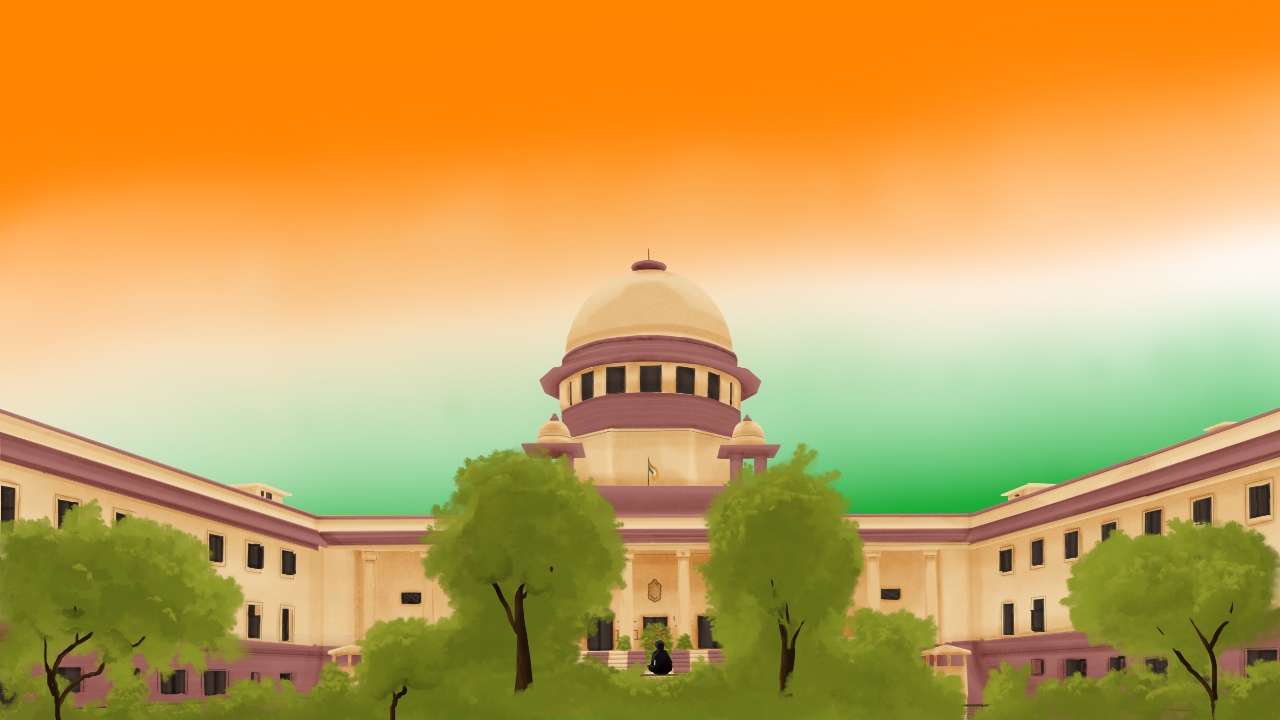Lawyer moves Top Court challenging system of designating Senior Advocates

"Declare that the Rules of the High Court Of Judicature At Bombay Original Side in its several jurisdictions, 1980, Part-1, Senior Advocates, Rules 24(1) to 24(8), framed by the High Court Of Judicature At Bombay Under Section 16(2) of The Advocates Act, 1961, is void ab initio being in violation of the fundamental rights guaranteed under Articles 14, 19 & 21 of the Constitution", the plea further seeks.
A writ petition has been filed before the Supreme Court for a declaration that the designation of advocates as Senior Advocates u/s. 16 and 23(5) of the Advocates Act, 1961, as well as under Rule 2 of Chapter-IV of the Supreme Court Rules, 2013, creating a special class of advocates with special rights, privileges and status not available to ordinary advocates, is unconstitutional.
"The instant petition is in challenge of Sections 16 and 23(5) of the Advocates Act which creates two classes of lawyers, senior advocates and other advocates which in actual practice has resulted in unthinkable catastrophe and inequities which the Parliament certainly would not have contemplated or foreseen", the plea filed by Advocate Mathews J Nedumpara states.
It is argued that such designation is violative of the mandate of equality under Article 14 and the right to practice any profession
under Article 19, as well as the right to life under Article 21.
"Such designation has created a class of advocates with special rights, and the same has been seen as reserved only for the kith and kin of judges and senior advocates, politicians, ministers etc., resulting in the legal industry being monopolised by a small cabal of ‘designated’ advocates, leaving the vast majority of meritorious law practitioners as ordinary plebeians receiving discriminatory treatment in the Courts", the plea submits.
Filed under Article 32, the plea also cites Indira Jaising vs. Supreme Court of India, to submit that the Supreme Court herein has erroneously upheld the vires of the Advocates Act provisions providing for designation of advocates as senior advocates, and illegally provided guidelines for such designation, amounting to judicial ‘legislation’.
Referring to the collegium system of judges appointing themselves, and the system where judges designate lawyers which became universal in the mid-1990s, the plea submits that these two aspects together, have caused unthinkable damage to the institution of judiciary. It made the bar, which was, in the days of Blackstone, known as the fourth estate, subservient to the bench.
"The legal profession in India has long been feudalistic and the monopoly of certain higher castes and certain families. It is no secret that the powerful lawyers using their clout, got their kith and kin and progeny designated even by this Hon'ble Court as Senior advocates even at the ages of 34, 37 etc. even by amending the rules which then mandated the minimum age to be 45 years..." states the petition.
Accordingly, a declaration is sought that the separate dress code for designated seniors amounts to unjust classification, nay, near apartheid among lawyers and is unconstitutional and void being violative of Article 14, 19 and 21 of the Constitution of India.
An appropriate direction is also sought to be passed to the Registry of the Supreme Court to cause service of the instant petition to all those advocates designated by the Supreme Court as seniors, if the Court deems It so necessary.
Case Title: SHRI MATHEWS J. NEDUMPARA & ORS. vs. UNION OF INDIA AND ORS.
